ECaDE and TRANSCAN JTC 2017
Are you preparing a proposal for TRANSCAN-2 JTC 2017? Find out below how ECaDE experts can support you.
The challenges of biomarker development
Advancing a promising biomarker towards clinical application is a complex and highly multi-disciplinary undertaking. Historically, this has led to high failure rates and very long development timescales, generally measured in decades. An important reason for this is the difficulty that researchers have in having access to the wide variety of expertise and resources needed to advance a project, in order to reduce the many sources of variability and that lead to failure. Any given biomarker validation pathway will require expert opinion and guidance on, among others:
- Mechanistic understanding of the disease biology;
- Clinical expertise on current workflow and fit of the potential biomarker;
- Pre-analytical handling requirements of patient samples for validation;
- Sample and clinical data requirements for the validation process;
- Analytical and statistical requirements to assess biomarker robustness;
- Industrial assay development and optimisation;
- Regulatory requirements;
- Health-technology assessment and reimbursement requirements.
It is for this reason that EATRIS ERIC, the European Infrastructure for Translational Medicine, and leading oncology experts from around Europe, formed the ECaDE initiative.
It is ECaDE’s goal to improve the development of promising biomarkers for early cancer detection and differentiation of indolent from aggressive lesions. We do this by providing access to experts, facilities and resources for high potential projects, for instance applicants to the now closed TRANSCAN-2 JTC 2016 and the JTC 2017 call, opening in December. By doing so together, we can increase the impact of the excellent research being undertaken in Europe, by increasing the number of highly predictive diagnostics for early cancer detection.
What can ECaDE do for you?
If you are applying for the TRANSCAN-2 JTC 2017 call with the aim of developing a biomarker or combination of biomarkers, the experts of the ECaDE initiative are available to provide support for the optimal design of your project plan. The experts will provide feedback and input in a range of areas, in a phased process described below. Where needed, additional resources will be sourced for you, in order to ensure that your proposal is comprehensive and optimised for successful translation, including by creating links to resources and partners for the capacity building sub-criterion.
There is no cost to you for the support by ECaDE. The international experts of ECaDE provide support on a voluntary basis and under strict confidentiality.
Please note that we cannot guarantee capacity for your project, and will support applications on a first come, first serve basis.
How will ECaDE support you?
When you engage the ECaDE team for support, we will support your project by providing feedback in the various phases of the TRANSCAN-2 call process:
Call Phase 1: Pre-Proposal preparation
If you would like the support of the ECaDE experts, we will ask you to sign an engagement form, giving us permission to review your proposal and committing us to confidentiality with you for the project. There are no costs or obligations to you, as this is an academic initiative intended to improve patient outcomes.
Using the information about your project goals and plan provided by you, we will perform an initial review to assess the potential of your concept, along the following criteria:
- Clinical need;
- Potential fit with clinical workflow;
- Development feasibility and methodology;
The experts will also answer specific questions that you may have, or find additional resources or partners as needed.
We will provide a brief feedback report with one of three indicators for each criterion, with justification:
1) Green – no obvious issues detected
2) Orange – minor or non-showstopping issues detected
3) Red – major issues detected
You are free to use the feedback as you wish, and are not bound to use any of the advice contained therein. If you are shortlisted for full proposal, the ECaDe is available to support you further as needed, but you are not obliged to engage us further.
If you choose to do so and your project is shortlisted by TRANSCAN-2 for full proposal preparation, we will support you as described below.
Call Phase 2: Full-Proposal preparation
If your project has been shortlisted and you would like further support from the ECaDE experts, we provide active expert input into the project plan design as follows:
1) During preparation of the full project plan, you can request input and support from specific disciplines to ensure that you have comprehensive coverage of all required disciplines during the design phase. If we are able to find a suitable expert for you, he or she will provide active input into the project design.
2) You can also ask for a total review to identify any issues with the current plan, for which we will use a multi-disciplinary team for review, and provide with specific feedback and suggestions for improvement.
3) Should any additional resources, tools or facilities be required, we can find suitable partners or providers that are fit for purpose, and comply with the regional requirements of the call.
The areas of expertise in which ECaDE can support your project are as follows:
- Medical need & public health
- Clinical expertise
- Epidemiology
- Technology
- Assay development
- Methodology – study design
- Statistical expertise
- Infrastructures and resources
- Biobanking & pre-analytics
- Prospective clinical trial
- Clinical diagnostics laboratories, quality management systems
- Infrastructure (technology experts, ‘omics technologies)
- Data analysis and management
- Bioinformatics and data management
If you are preparing a proposal with the aim of validating a biomarker or combination of biomarkers, and are interested in support from the experts of the ECaDE initiative, please don’t hesitate to get in touch for further information.
What is ECaDE?
Find out more about the ECaDE initiative
Article published in the International Journal of Cancer
ECaDE Steering Committee members jointly wrote a letter to the Editor of the International Journal of Cancer
















